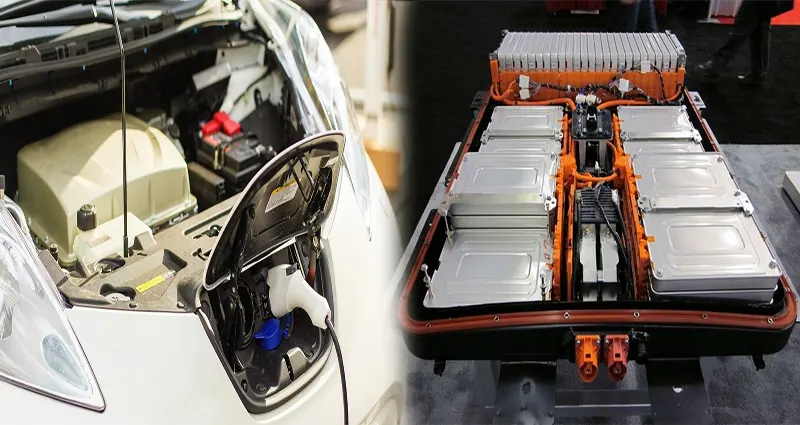Electric vehicles (EVs) are becoming increasingly popular as the world looks for sustainable transportation options to combat climate change. One crucial component of an electric car is its battery, which powers the vehicle’s electric motor. Understanding how electric car batteries function and their lifespan is essential for making informed decisions about owning an EV.
Function of Electric Car Batteries:
Electric car batteries are typically lithium-ion batteries, which are known for their high energy density and rechargeability. These batteries store the electrical energy needed to power the vehicle by storing it in the form of chemical energy. When the driver presses the accelerator pedal, the electric motor draws power from the battery to propel the car forward.
The batteries in electric cars consist of multiple cells connected in series and parallel to create a pack. Each cell contains a positive electrode (cathode) and a negative electrode (anode) separated by an electrolyte. During charging, the lithium ions move from the positive electrode to the negative electrode through the electrolyte. When discharging, the process reverses, and the lithium ions flow back to the positive electrode, generating electricity to power the motor.
Lifespan of Electric Car Batteries:
The lifespan of an electric car battery is a significant concern for many potential EV owners. Several factors influence the longevity of a battery, including the battery chemistry, temperature, charging behavior, and maintenance.
- Battery Chemistry: Different types of batteries have different lifespans. Lithium-ion batteries used in EVs can typically last between 8 to 15 years, depending on the manufacturer and usage.
- Temperature: Extreme temperatures can degrade the battery faster. It is essential to keep the battery within the optimal temperature range to prolong its lifespan.
- Charging Behavior: Regularly charging the battery to full capacity or letting it drain completely can reduce its lifespan. Maintaining the battery within a healthy state of charge can help extend its longevity.
- Maintenance: Following the manufacturer’s recommendations for battery maintenance, such as avoiding fast charging too frequently and keeping the battery cool, can help preserve its lifespan.
Understanding how electric car batteries function and their lifespan is crucial for maximizing the performance and longevity of an electric vehicle. With advancements in battery technology and increased focus on sustainability, electric cars are becoming a more viable option for environmentally conscious consumers. By considering the factors that impact battery lifespan and adopting proper maintenance practices, EV owners can ensure that their electric vehicles remain efficient and reliable for years to come.











